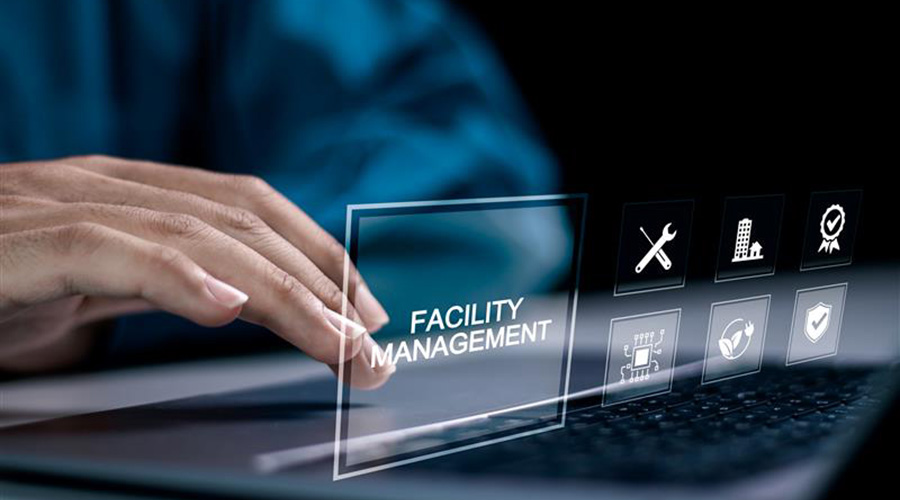How to Pass on Institutional Knowledge
Building a culture of shared knowledge and cross-expertise should be a constant priority for FMs, especially those looking to retire in the near future.
Another important aspect of succession planning is keeping institutional knowledge with your team. When employees retire or move on to other positions, it’s important that FMs have in place a plan to keep important information available for easy access.
“If we continue to share team processes, we find that others will want to copy that process for their team, and so many of the processes that we have are data driven, collecting information,” Strazdas says. “We don’t focus on Joe the Plumber or the guy who fixes the boiler. We look at documenting that information.” That way the information is captured in a document which can be referenced, allowing tasks to be completed by the team even when individual people are not available.
Building a culture of collecting data is something that should be instilled during training of employees when they join the team.
“You have to have a transfer of knowledge component to your plan,” Friday says. “We’ve seen all too often that somebody leaves and then three days later the boiler or some other piece of equipment fails, and nobody knows where the manuals are, nobody knows who the provider was, the supplier, and so you have to contact those people.”
Friday says FMs need to build historical information and knowledge books around a facility’s infrastructure, as well as policies and procedures, and that whole transfer of knowledge, both technical and otherwise, is critical.
Working with others
During his search for a potential replacement, Morgan says he has had no problem letting people know of his plan.
In addition to sharing his plan with his employees, Morgan also works with his company’s human resources department to help with the process. It’s an important department that some FMs have a hard time working with.
“Very early in the process you need HR, because at the end of the day most companies have a formal process in place anyway, so why reinvent the wheel?” he says.
Friday suggests the creation of a “legacy team” to help FMs plan for their department’s future. “We’ve had some savvy FM clients who have done this,” she says. It entails creating an advisory group made of internal senior managers, senior executives from partner organizations including outsourcing partnerships, and the C-suite. This group will provide a more “global outlook” on the organization, she says.
“We have a tendency in FM to be a little insular, and think that if we just look at our own organization and if we benchmark against other FM organizations, that’s all we need to do,” Friday says. “If you have a team and advisory group helping you with this, I think they bring good intelligence to the table.”
Update, update, update
One tendency Friday often says she finds in FMs is thinking that succession planning will take care of itself. One person will retire, another will take another job somewhere without sharing their plans, and it can throw the department into chaos.
An unexpected departure can throw a wrench at any well-planned succession program, and FMs need to be ready at all times to replace employees.
“You can’t say, ‘I’m going to do it once a year,’” Friday said. “Evaluation has to constantly happen. You have to reevaluate your workforce and you have to be having conversations with your workforce.”
When someone does leave your department, FMs should look at the situation as an opportunity for other employees to shine.
“I liken it to a situation where at least two people are in the wings, and if one person leaves you’ve got at least two that are being prepared and can step up at that time,” Strazdas says. “I like the approach of having multiple people available. It builds competition.”
David Lubach, a former assistant editor for Facility Maintenance Decisions magazine, is a Milwaukee-based freelancer.
Related Topics:













